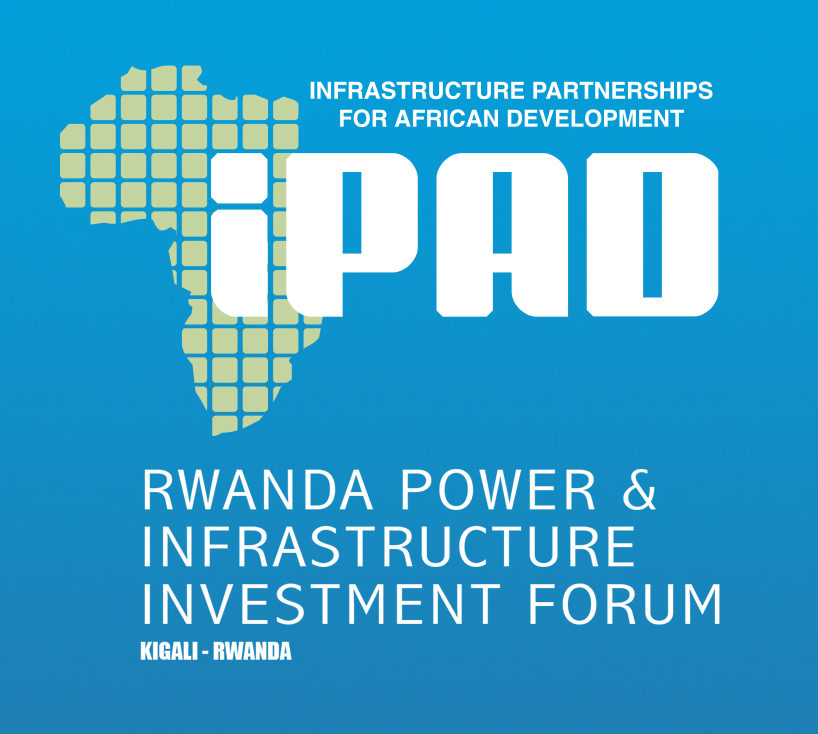 For some years, the energy industry has registered a steady decline in new recruits, with science, engineering and technical (SET) skills particularly affected. Since the 1970s, many parts of the industry underwent a slow growth rate, and therefore the skills situation had been manageable.
For some years, the energy industry has registered a steady decline in new recruits, with science, engineering and technical (SET) skills particularly affected. Since the 1970s, many parts of the industry underwent a slow growth rate, and therefore the skills situation had been manageable.
However, over the last decade, the risk of future serious shortages in SET skills has emerged, exacerbated by increasing global demand, and a large section of the industry’s workforce approaching retirement. Such shortages are being felt at all professional levels, from technical specialists and operators to leaders and senior managers.
Fundamentally, a primary barrier for the appropriate training, mentoring and skills transfer is the lack of strategic effort by all stakeholders. Implementation of such a strategy would have put in place a high-growth job training initiative to prepare workers for new job opportunities in vital industries, such as energy, in our economies. It would also provide the national leadership for a demand driven workforce system, however, it is one of the key ingredients missing in most utilities today, and especially in least developed countries.
The utility sector in most African countries has lacked three basic strategies, namely, developing human resources through education and training, appropriately deploying human resources, and providing incentives to ensure that they are productively deployed. The utility sector, private companies, academia and government should focus on these areas and forge a strategic partnership that will make the energy sector an enticing place for skilled resources to work.




